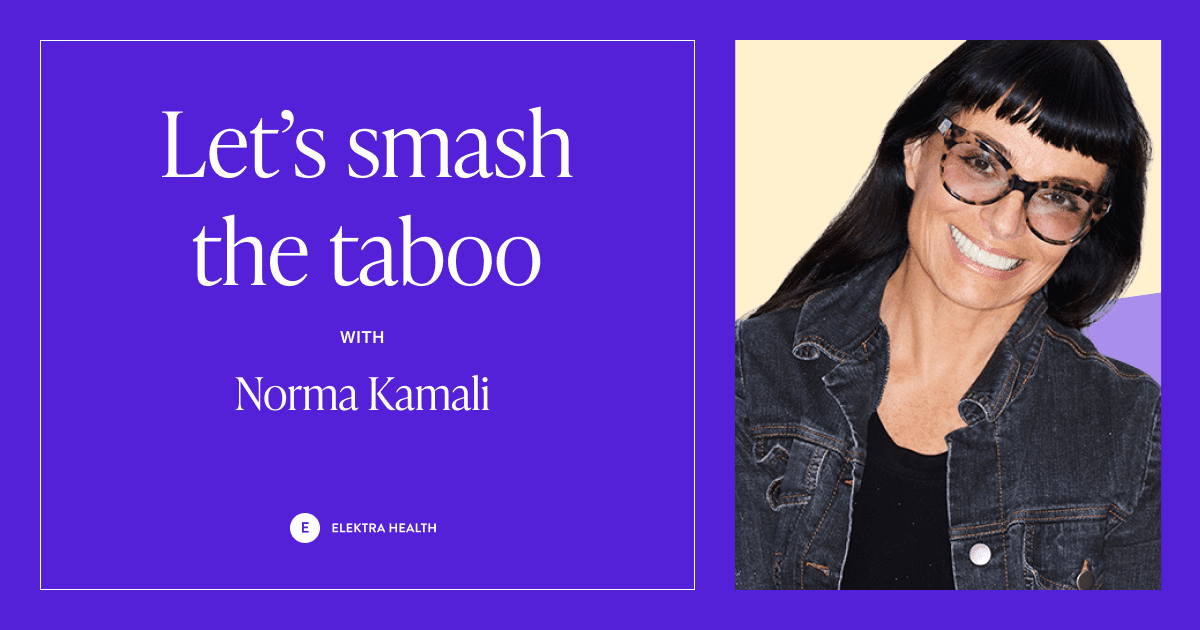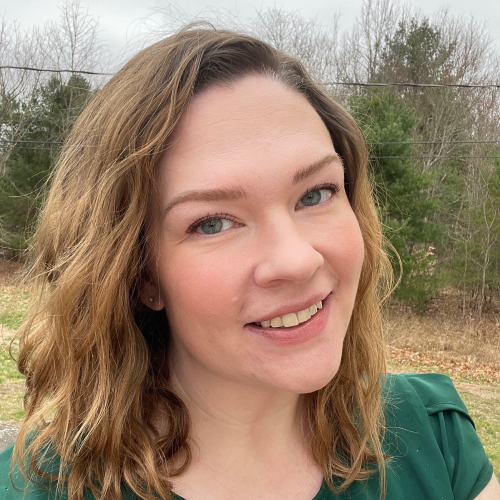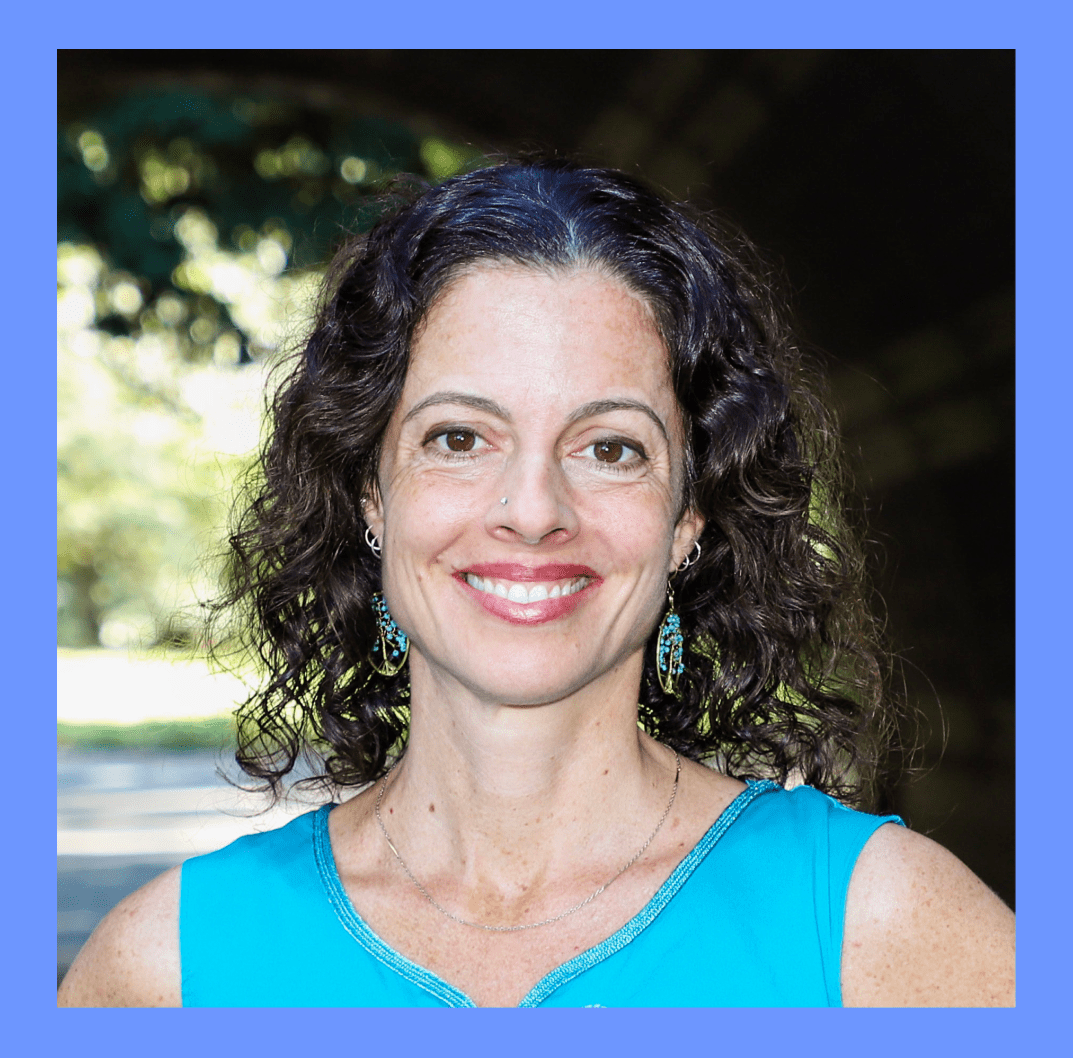
Published on Jun 10, 2021
Last modified on Jun 11, 2021
#TabooSmasher Spotlight: Norma Kamali, fashion designer and author
4 min read

We spoke with the one and only Norma Kamali: fashion icon and author of I am Invincible, a handbook for women through each decade of their lives. As a woman in her 70s with a lifelong passion for wellness, Norma has a wealth of wisdom that she shared with us. Read on for highlights from our conversation on the menopause transformation, aging with power, and more!
You recently published your book, I Am Invincible. Can you tell us a bit about your inspiration behind the book?
I drew inspiration from the trends and behaviors I’ve noticed in my own life and in my experiences with women over the past 50 years. I Am Invincible is a handbook for women through each decade of their lives: their 20s, 30s, 40s, 50s, 60s, and 70s, the whole deal. Within each decade, there are very powerful messages and challenges that women face.
In your 20s, you’re an adult for the first time, and everything you do is a first-time experience. You’re often out on a ledge making a fool out of yourself! But it’s also time to learn about who you are, through friends, dating, and sex. I would say that your 30s and the transition from your 40s to your 50s are the two most powerful transitions in a woman’s life. How you manage these transitions often defines how you approach every goal in the next part of your life.
My book takes you through each decade and gives you the tools for sleep, diet, and exercise, along with my philosophies and thoughts on acupuncture and meditation.
“When you really take care of yourself, you have days when you can get anything done.”
It’s clear that you prioritize health and wellness in your life and book. What inspired you to channel your energy into this space?
As a fashion designer, I basically remained in that lane. But in the ‘80s, friends of mine were dying of AIDS – my best friends. I was so overwhelmed with grief that I had to do something. I can’t save anybody, and everybody’s going to die. This is what’s happening. But I’m this proactive kind of person and couldn’t just sit there.
I started to do a lot of research. There was no Google, you had to do real research out in the world, with actual books. I found out about doctors and healers in New Mexico, Arizona, and Southern California. I learned from Michael Pollan, who had just started writing his books, and Dr. Low Dog, an incredible indigenous medicine woman. Andrew Weil, an early pioneer, held seminars. I would go to these health retreats and sit there with my notebook. I didn’t know anything about the chemistry that everyone was talking about, but I learned a lot. When I returned, I would change my lifestyle completely through what I was learning.
The immune system was really my focus. When the immune system breaks down, if you have a weak liver or a weak heart, it will be the death of you. When 9/11 happened, I realized that this would be a huge affront to everybody’s immune systems. We would have more stress than ever before because everybody born after 9/11 would understand that something like this tremendous tragedy could happen again. In response to this, I opened a wellness cafe, which I’m reopening this September. I realized that my purpose was not just to be an entrepreneur, but also to help women experience that invincible feeling when everything in their health is working. When you really take care of yourself, you have days when you can get anything done.
From your observation and experiences, what role does menopause play in the way we move through these decades?
Menopause is the most profound and meaningful reinvention of your life. I can personally attest to this. You’re going through a huge transition. Not just a hormonal transition, not just a physical transition: it’s a spiritual transition.
At that point, you have passed all of the expected milestones required of you to fulfill your “female sense of self.” So it becomes a time to identify who you are going to be for the rest of your life. It’s more than just shedding your skin, and it’s greater than the biggest transformation you can imagine. It’s as deep as your spirit can handle.
Everything I talk about now centers on the topic of aging with power. The phrase “aged out” is very relevant to this period. You can be aged out of your job because maybe you priced yourself out of the market or your company decides to reduce expenses and says they can’t afford you anymore. Another thing is that you can get aged out of is your marriage…very easily. This is so common that if we continue to keep our eyes closed about it, it’ll be a shock and a surprise. But, if we are aware of the fact that this can happen – even in the most unlikely circumstances – we can start focusing more on self-love and how we deal with ourselves and less about our life circumstances or what’s going on with our partners. You can’t change people, you can’t fix them. They’re going to be who they’re going to be, so you better put that energy into yourself.
The last thing you want is to become invisible. The last thing you want is to get taken down by this huge change. Once you recognize this and gain the tools to get through it, this transformation is so wonderful.
Care for yourself and give yourself love. I mean real, caring love, not narcissistic love. When you do this, an interesting thing happens. You draw better quality people to you, better quality friends, and better quality relationships: it changes the game completely.
“You discover yourself as you’re going through menopause”
What are some health tips you would recommend for women going through menopause?
As you know, we all have different experiences with menopause, so it’s very difficult to give a one-size-fits-all solution.
It’s important that you go to your doctor, and get opinions on what you can do. But your diet, sleep, exercise, and self-love have to be a priority. One thing that I talk about, that nobody likes to hear, is that you have to stop drinking. You just don’t need another thing in your life that throws your hormones up and around. The changes during menopause are disarming, and you think it’s gonna go away. And then it comes back and it’s a little bit more…intense. The more anxious you get, the more intense it gets. And the more junk you eat, the more intense it gets. Then you have a drink because you need to calm down.
The bottom line is to be prepared to start thinking, around age 40, of reducing the amount of wine you have each week or month so that when you’re in menopause, you don’t have to get rid of something that had become a sort of happy place for you.
Also, your kids are grown, they’re not home, and they don’t need you the way they used to. You have to understand that now it’s YOU. The amount of time your menopause process takes is the amount of time you need. The process is as tedious as it is because we need to feel uncomfortable in order to make the change that’s needed. You want to be in a place when you’re 75 and can say, “I am so glad I did what I did when I was 50 so that I could become who I am now.”
It’s difficult to feel invincible if you don’t feel well. It often starts with feeling like you deserve better, mentally and physically.
That’s for any age, quite frankly. The earlier you learn that, the better. It does take time to really undo a lot of stuff that happened to you in your childhood or in your 20s. Tell me the name of one woman who made it through their 20s without being objectified, humiliated, and embarrassed. It’s not possible. And with each passing decade, you start piling on these examples. By the time you get to the age of menopause, you have a history of these things that you have to clean up. And it’s not like something you can clean up in therapy. It’s more than that. It’s so visceral. You discover yourself as you’re going through menopause.
As a woman in your 70s, what are some lessons you’ve discovered on the other side of menopause?
Once my business was doing well, when I got into my 40s I started to make some serious money. Nobody was telling me what to do or how to do it. I came to the point where I could actually buy things, so I bought an apartment that was really the majority of this gorgeous building. I restored it, the marble, the cherry wood, every detail of it. I collected eclectic antiques, crystal and silver plates, and some furniture that I designed myself. And it was amazing.
But one day, I was sketching in this library just off 5th Avenue across from the Met. And I was looking around and thought, “Well, this is really just so beautiful.” And I realized, “I have a problem here, I have to get out of here.”
If I’m going to have new ideas and move forward, I need a blank slate. I need to be able to think forward. I can’t get stuck here. Because these possessions owned me. I worried about them. They controlled how I thought and how I felt. And I wasn’t comfortable with that. I went to India for my birthday in Madras. And I had my chart done by a Brahmin priest who said to me, “you’re going to be getting rid of everything you own.” I couldn’t believe he said that because that was exactly what I decided to do before I got on the plane.
I decided that I wanted a minimal lifestyle. I auctioned everything off in my apartment. I also decided that if I finished reading a book, that I was going to give it away instead of putting it on a shelf. To this day, even in my work, we donate anything that’s left that I’m not using to art and design high schools or FIT. I only have furniture that functions for a purpose. I don’t have art on the walls because I have beautiful windows through which I see the sunset and God does a great job there.
It’s the ultimate freedom. The beautiful thing, post-55, is you just don’t give a shit about the small stuff. You don’t care. It doesn’t matter.
“Getting to the other side of menopause and going through it is so meaningful to the rest of your life.”
Is there anything else you’d like to add that we haven’t covered yet?
I want to say that menopause is tough. It is. It’s not to be taken lightly. However, getting to the other side of menopause and going through it is so meaningful to the rest of your life. It has to be presented as an opportunity, a positive opportunity, to really be whoever you want for the next 40 or 50 years of your life.
And remember. It’s important that – in your early 40s – you start behaving in a way that will empower you to go through menopause with the least amount of impact on your mental and physical health. There are so many things coming at you from different directions. It’s not just hormones. As I said earlier, that aging out thing is real. This isn’t meant to scare or frighten people. But it’s a message to keep your eyes open and focus on self-love. That will be your power.


